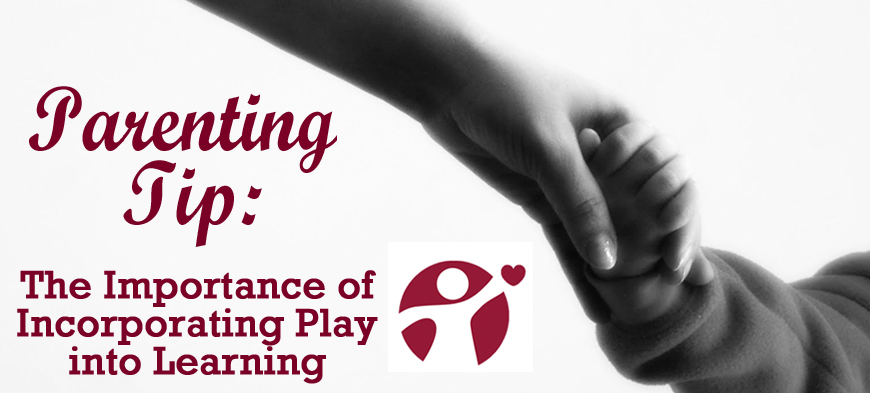What is play and why is it important to children? Kris McPhail, Curriculum Specialist from the Downtown Ebenezer Child Care Center, commented that when she went to college she was taught that play is the work of the child. While doing some research for this article, she found many definitions.
Most definitions of play included these concepts:
It is natural.
It is a leisure activity undertaken for enjoyment
It is child-directed.
It is spontaneous.
It is important to a child’s learning.
It is the main way most children express their impulse to explore, experiment and understand.
Research has shown that play is essential to development. It contributes to the cognitive, physical, social, and emotional well-being of children. So, how exactly does play benefit children? According to McPhail, research shows that play is the tool used by children to learn about the world around them. It allows children to create and explore a world they can master, as they practice adult roles. It also helps them become self-efficient problem solvers. Play provides children with opportunities to express their ideas and feelings, to symbolize and test their knowledge of the world, and acquire effective support for pre-academic and academic learning. Because we believe that children learn through play, Ebenezer Child Care Centers are play-based.
How can you help your children’s play experiences at home? Keep these five essentials for meaningful play in mind, and enjoy watching their play lead to learning…
Children make their own decisions. When children choose how to play, they experience freedom in making decisions. They see connections between their choices and the results or consequences of those choices. Offering your children open-ended materials like blocks allows them to decide how to use them. Open-ended materials such as pieces of wood, ribbons, scraps of fabric, and foam pieces inspire creative thinking, and children can use these materials to make something different every time they play with them.
Children are intrinsically motivated. Their impulse to play comes from the inside. They have a natural desire to understand the world. This intrinsic motivation allows children to regulate her own feelings in order to keep playing. Because children eventually find it more important to play with friends, they learn self-control. This has been shown to lead to success in later years, especially in today’s information age, where there are many distractions.
Children become immersed in the moment. Children become so engaged that they often lose awareness of their surroundings, time, and space. In this risk-free atmosphere, children have the security and safety they need to experiment, try new ideas, and investigate laws of nature.
Play is spontaneous, not scripted. Often play is totally unplanned. Sometimes it is planned, but children change it impulsively. This sense of the unknown provides children with opportunities to develop flexibility in thinking and decision making, which is an important life skill.
Play is enjoyable. Play always has an emotional response attached to it. Without this, it is not play. Enjoyment is the direct result of engaging in play. It is FUN!
Ebenezer Child Care Centers is a not-for-profit, locally based agency committed to providing early childhood programs from the heart. The agency prides itself on being different from other child care providers in that it offers a home-like atmosphere; individualized, nurturing care; and a structured curriculum that is virtues-based for every child’s developmental stage.
Every Ebenezer Child Care Center focuses on all aspects of a child’s development: cognitive, physical, emotional, and social. In addition to providing quality care, the agency also offers other educational programming all aimed at helping parents.
The agency has locations in on Milwaukee’s southside and in downtown Milwaukee, Oak Creek, and West Allis/Wauwatosa. The agency’s main office is located at 1496 South 29th Street, Milwaukee. For more information, please call 414-643-5070.

